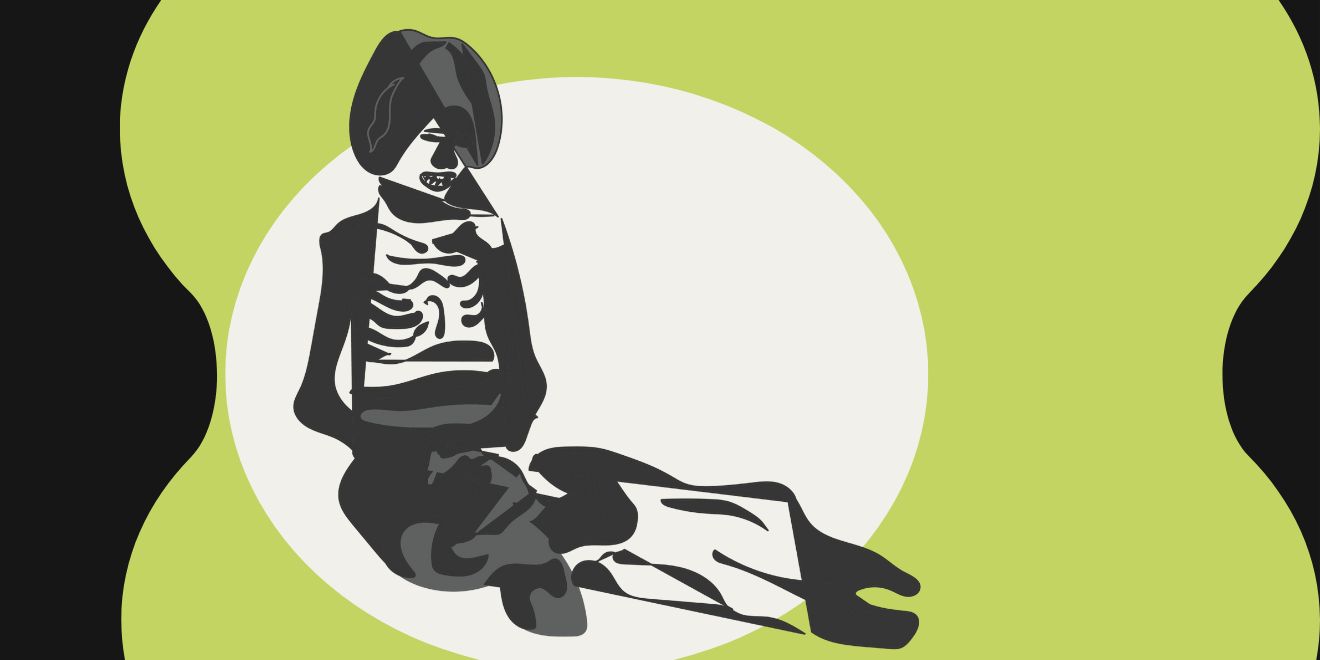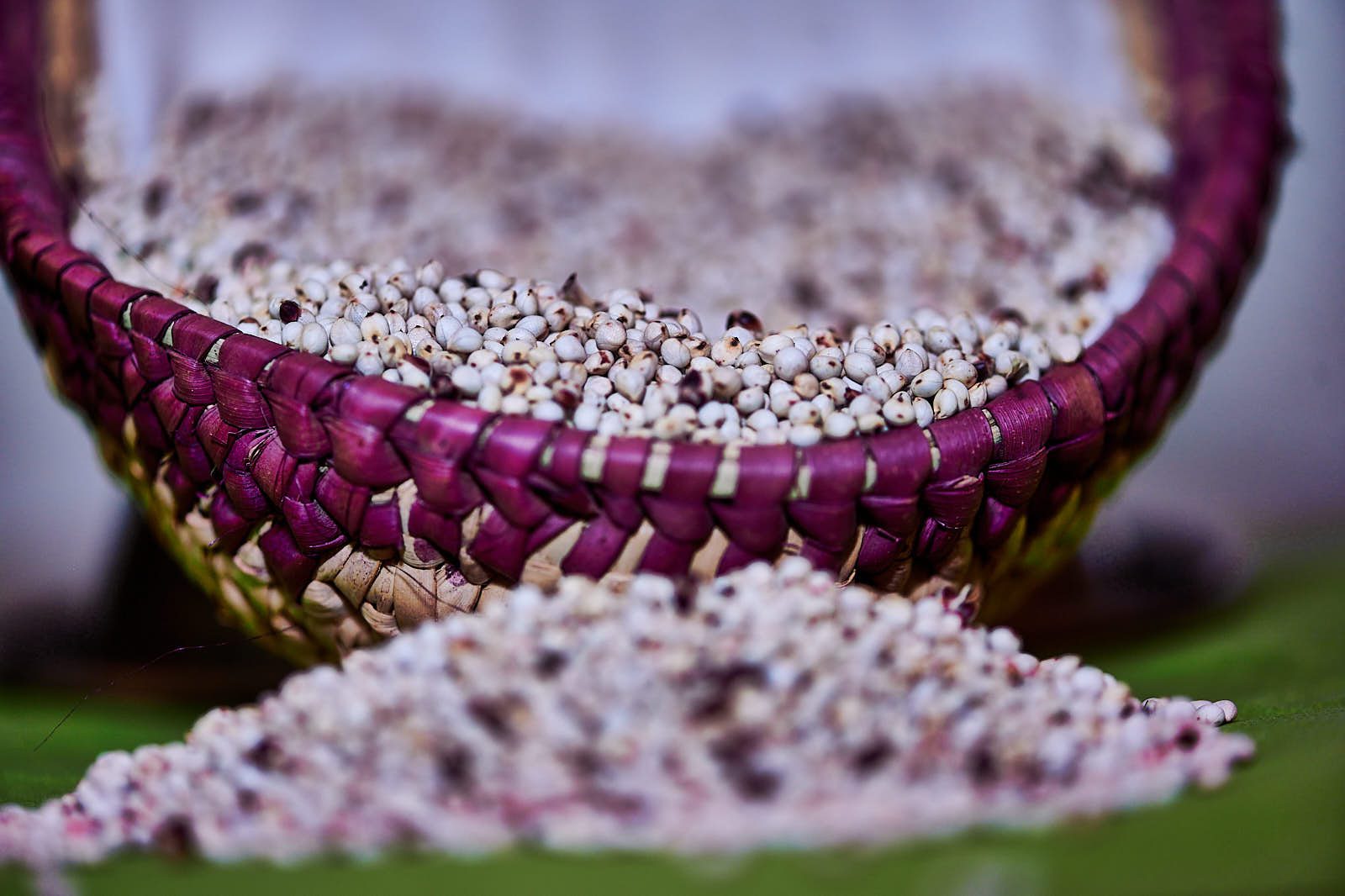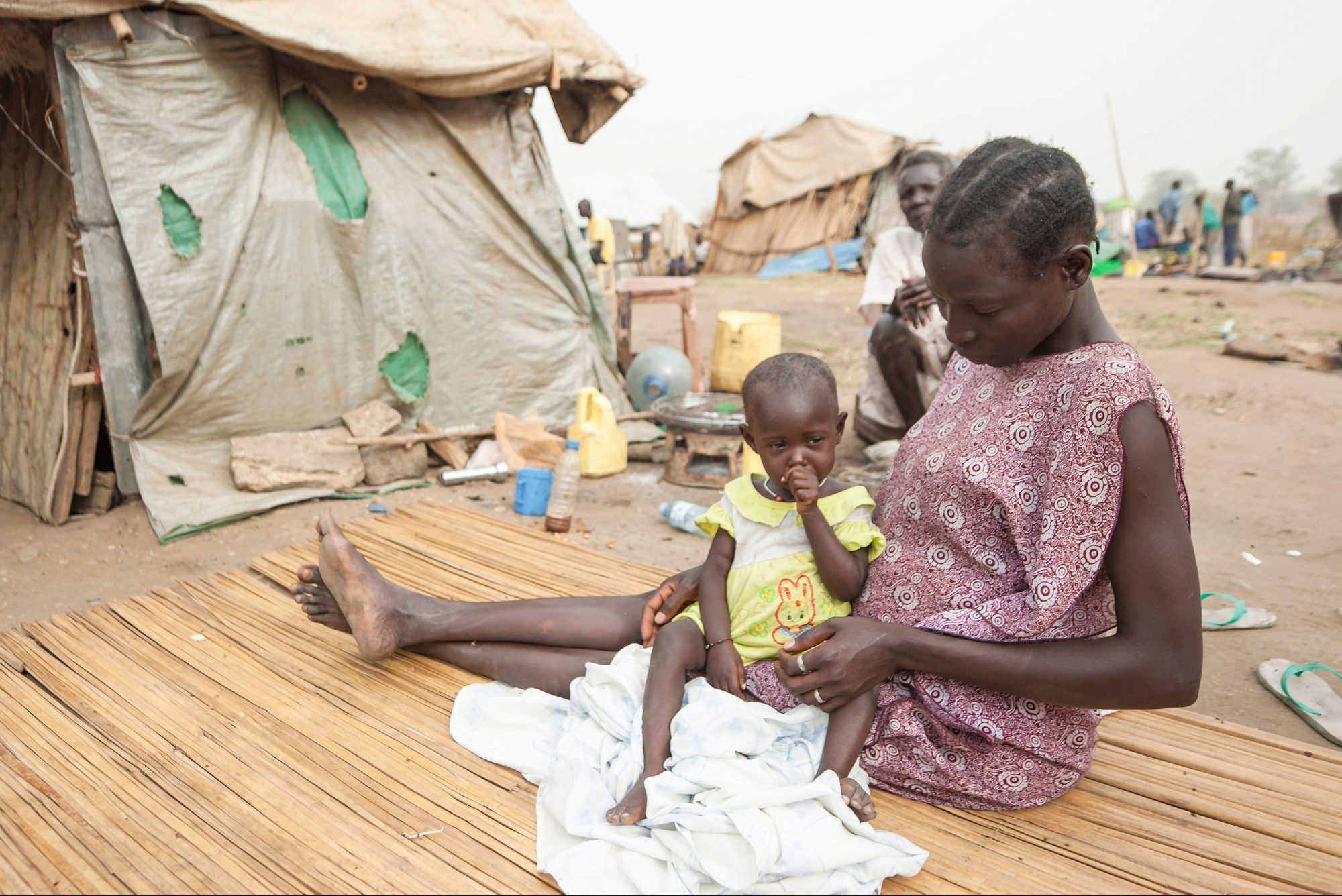A British Member of Parliament has proposed starving Ireland as a negotiating tactic.
If this remark were on the historical record for the 1840s, when the British government administered mass starvation in Ireland, it would join the black book of infamy, evidence for the inhumanity of the British establishment.
But last week, Priti Patel, MP for Witham, proposed this:
Her inhumane and (in my view, criminal) logic is that because more than half of Ireland’s total food imports come through the UK, and in the event of a ‘no deal’ Brexit the collapse in Britain’s international trade would have a catastrophic impact on the Republic of Ireland, the threat of a food crisis could be used to pressure the Irish government into giving concessions to the UK on customs controls on the Irish border.
Patel’s family is of Ugandan-Asian descent and one might have expected her to be literate in the evils of colonialism and dictatorship. She was also lamentably Secretary of State for International Development, and might be expected to be against hunger.
As yet, there is no memorial in London to the victims of the great English famine in Ireland. When such a memorial is constructed, it would be appropriate for Patel to stand in front of it and read out the names of every single individual of those who starved in Ireland.


